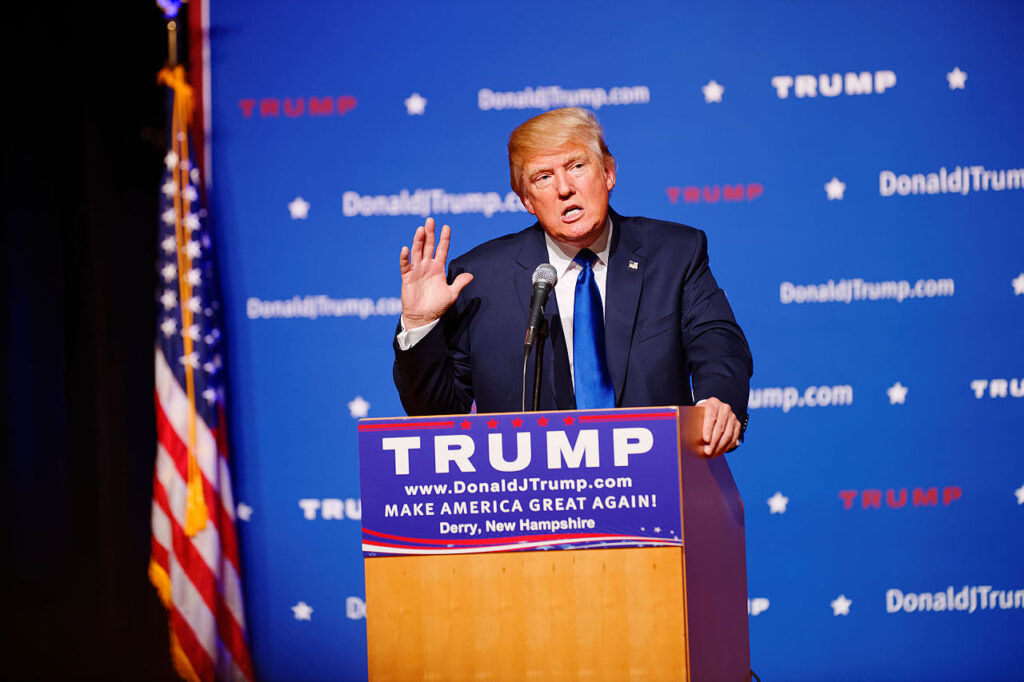
Last week presidential candidate Donald Trump told supporters at a rally in Texas that, if elected, he wants to “open up libel laws” to make suing media organizations easier. A Business Insider article contains the full quote from his speech:
“I’m going to open up our libel laws so when they write purposely negative and horrible and false articles, we can sue them and win lots of money…. So that when The New York Times writes a hit piece, which is a total disgrace—or when The Washington Post, which is there for other reasons—write a hit piece, we can sue them and win money instead of having no chance of winning because they’re totally protected.”
But Isn’t That Already the Law?
In a previous article, we discussed the burdens of proof for a libel suit, which include proving the defendant made a statement about the plaintiff (the person suing) that was both injurious and false. So if a media organization said something that was “negative and horrible and false” about Donald Trump—or Hillary Clinton, Bernie Sanders, Ted Cruz, or anyone else running for public office—then yes, that candidate could sue for libel.
However, because Trump, Clinton, Sanders, Cruz, and everyone else running for public office are considered public officials, they would also have to prove something called “actual malice,” defined as knowing a statement is false and acting with reckless disregard for the statement’s truth or falsity.
Keep in mind, this only applies to three groups: Public officials, a group that includes politicians and many government employees; public figures, a group including celebrities, athletes, and heads of major corporations; and limited-purpose public figures—individuals who have inserted themselves into a particular controversy with the goal of influencing the outcome. If you don’t fall into any of the above categories, and a media outlet says something about you that is both false and injurious, you would not have to prove actual malice to win a defamation suit.
The idea of actual malice is to protect freedom of the press, which is guaranteed by the First Amendment. Public figures, after all, already command the media’s attention and can refute negative statements easily. If a media organization said something patently false and injurious about a presidential candidate like Trump, he could call a press conference and denounce the false statement any time he wanted. The average person would not have that luxury and would find it more difficult to refute a libelous statement.
While Trump wasn’t specific about what aspect of libel laws he wanted to change, actual malice would probably be the biggest stumbling block if a public figure wanted to sue for libel over a statement that met the other burdens of proof.
Does the President Have the Authority to Rewrite Libel Laws?
A Washington Post article notes that rewriting any of the country’s laws exceeds presidential authority in most circumstances. However, the article also notes that presidents nominate justices for the Supreme Court, and a president might appoint a justice who could swing the Supreme Court decision in the president’s favor, should a specific case about libel make its way to the highest court in the land. While it is theoretically possible for a president to change the libel laws (or other kinds of laws) in this way, future journalists can rest assured that this is a highly unlikely scenario.
[su_note]Learn more about the School of Broadcast Journalism at the New York Film Academy by clicking here.[/su_note]